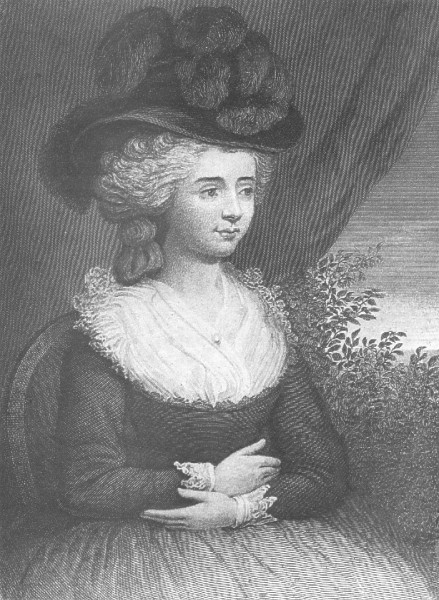So, you're jumping on the bandwagon and starting to read these newfangled "novels," eh? In all my years here, I haven't seen any type of literature grow so popular with the public so quickly. Not everyone is so happy that they're becoming popular, though. Most critics today think that novels are "flimsy, immoral, and tedious."88 They are far from being a respected form of writing, and many people see them as dangerous.89 Whatever you think of them, it's quite clear that novels are challenging our ideas of what literature is.
You don't seem to have a very correct idea of what a novel is, so let me fill you in. Right now, at the end of the century, the term "novel" doesn't mean much more than an "interesting narrative."90 You may think that romances are separate, since they are characterized by plots of love and intrigue, often set in history.91 I've grouped them on the same shelf as novels, though, because a lot of people see them as essentially just a form of novel92: both are stories (either fictional or which have dubious realities)93 that let their readers see a personal side of their characters. What sort of things are in novels? Let's see...they often portray "contemporary scandals; fictitious or semi-fictitious biographies of statesmen, actresses and prostitutes, secret histories; travels and memoirs"94 and increasingly, insights into the lives of ordinary people. Because a lot of the draw of novels is their novelty, the public gathers up whatever is new and exciting. Can I tell you some tricks of the trade? I sometimes republish old novels under new names95 or postdate them96, just to keep the public buying. Despite its popularity, a lot of people say that the novel is ready to be put on the extinct list, since all of the really "good" and popular authors wrote in the middle of the eighteenth century.97 I'll admit, there's a whole lot of trash mixed in with the good stuff. More people are taking the hint from diary writing and are deciding to go public with their private writings. The problem is, they're not all good writers. Many of 'em are just trying to make money, and they'll sell whatever they come up with. All the same, I predict that novels will make up a huge market in the next few centuries, and will gain more respectability. If you're a novel-reader, perhaps you're also new to reading in general? Judging from the customers who come in the store, it seems to me that the newness of novels has captured the attention of women and youths, along with the rising urban class and the socially and economically ambitious (particularly the middle class), all of whom are relatively new to the literate crowd.98 We don't make class distinctions, however; I'll buy novels from every rank of society. After all, the novel isn't supposed to be a high-art form.99 Even though many people consider novels to be cheap entertainment or even a morally corrupting influence, most agree that the purpose of a novel is educational; they instruct their readers and cultivate morality by example.100 Many teach morals and religion directly, or they educate the reader's emotions, by showing them various human experiences and how to (or how not to) deal with them.101 Take Samuel Richardson, for example. He recommended his popular novels, such as Pamela, Clarissa, and Sir Charles Grandison as conduct manuals!102








